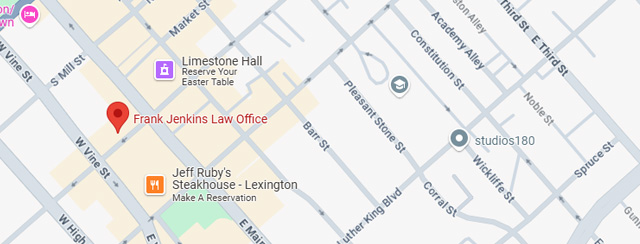 Healthcare workers face a heightened risk of on-the-job injuries in Kentucky – especially musculoskeletal disorders like sprains, strains, soft tissue and back problems.
Healthcare workers face a heightened risk of on-the-job injuries in Kentucky – especially musculoskeletal disorders like sprains, strains, soft tissue and back problems.
Often this is because of the physical exertion required in handling patients.
The U.S. Department of Labor’s Occupational Safety and Health Administration (OSHA) is trying to help. This month, OSHA announced a campaign to prevent Musculoskeletal Disorders among healthcare workers who have responsibility for patient care.
“The best control for MSDs is an effective prevention program,” said MaryAnn Garrahan, an OSHA administrator in a news release. “Our goal is to assist nursing homes and long-term care facilities in promoting effective processes to prevent injuries.”
Kentucky Healthcare Workers and Musculoskeletal Disorders
In 2010, there were 40,030 occupational MSD cases in private industry nationwide linked to caring for a patient or resident of a health care facility.
Here are some facts about those cases:
- When taking care of patients, healthcare workers often try to do too much. Ninety-nine percent of patient-handling injuries were caused by overexertion, resulting in sprains, strains and tears, says OSHA.
- All types of healthcare workers are at risk. Nursing aides, orderlies and attendants incurred occupational injuries or illnesses in 49 percent of the MSD cases. Registered nurses accounted for 17 percent, and home health aides accounted for six percent.
- Moving patients can cause injury. Many MSDs happened because the worker lifted excessive weight while transferring a patient.
- A zero-lift program can prevent injuries. As part of its educational push, OSHA is providing information about how employers can implement a zero-lift program, which minimizes direct patient lifting by using specialized lifting equipment and transfer tools.
- OSHA information is available online. Click here for more tips on safe patient handling. Or call toll-free 1-800-321-OSHA (6742).
Healthcare workers who are injured on the job are likely entitled to workers’ compensation benefits in Kentucky.
Source:













